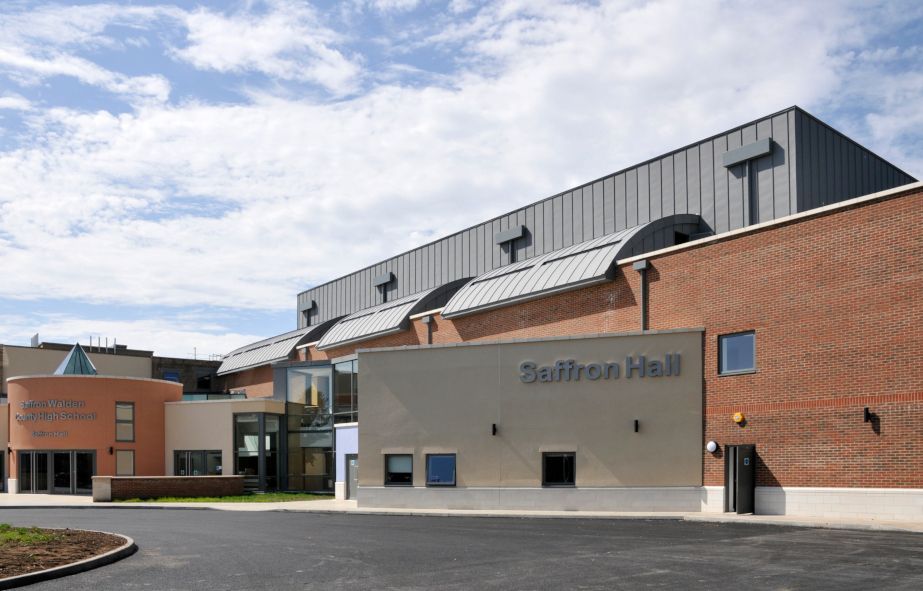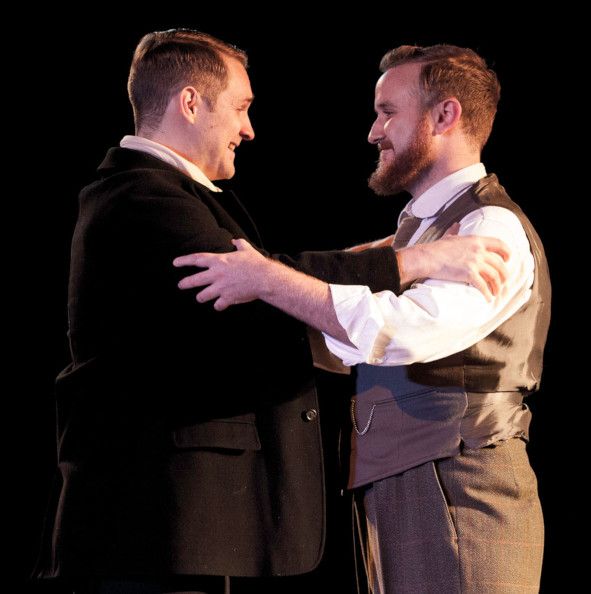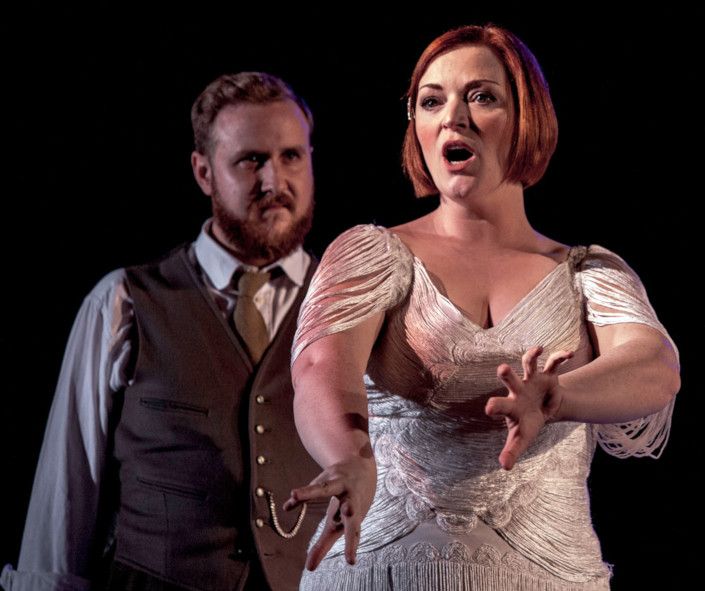Saffron Walden, New Sussex Opera, The Travelling Companion - Charles V. Stanford, IOCO Review, 08.12.2018


The Travelling Companion - by - Charles Villiers Stanford
- Based on a tale by Hans Christian Andersen -
By Janet Banks
Irish-born Charles Villiers Stanford, *1852-1924, successful as a choral and orchestral composer and influential in British musical life, nevertheless struggled to make an impact in the genre he most cared about, opera.
The Travelling Companion, Stanford’s last opera, sets a tale by Hans Christian Andersen. It was written in 1916, and first performed in 1925 in Liverpool. Although it met with a better reception than most of his nine other operas, it has not been performed since the 1930s. This performance by New Sussex Opera (NSO) at Saffron Hall, Essex’s newest concert hall, was recorded live for a CD on the SOMM label, in what will be the first ever recording of one of Stanford’s opera.

Andersen’s tale tells of a lonely traveller, John, who protects a corpse from defilement and is then protected by the spirit of the dead man in the form of a companion, his first friend. John aspires to the hand of a princess and is enabled to solve the riddle required to win it with the help of his mysterious friend. The fairtytale-like nature of the plot means the characters at first seem more archetypal than human. However as the story moves on, by Act 3 the princess is showing a much more complex character, reflected in the music.
This production, directed by Paul Higgins, boasted a sizeable chorus and an excellent 34-strong orchestra under the baton of Toby Purser. It set the action in 1916, the year of the opera’s composition, rather than in 15th century of Andersen’s story. The set was bare, the main props being large coffins, but with no hint of the First World War.
The three main roles, John, his companion and the princess were taken by David Horton, Julien Van Mallaerts and Kate Valentine. Horton’s lyrical tenor was well suited to the simple but aspiring character of John, and he rose well to the demands of the role, though perhaps spreading his arms wide on high notes a few times too often. Baritone Van Mallaerts’ beautiful and mysterious music reflected his supernatural origins and his voice blended well with Horton’s. The extremes of human emotion were not really felt until Act 4, when the Princess shows the torture of her Turandot-like predicament, pleading with John not to risk his life by attempting to solve the riddle. Valentine really showed off the power of her full soprano here, with a voice full of passion.

Supporting roles were taken by Paul Putnins as the King and Ian Beadle and Felix Kemp as the two ruffians and later the herald and the wizard. The chorus also play an important part in the opera, commenting on the action and sometimes very effectively interacting with the main characters.
But for me the biggest among The Travelling Companion’s many delights was in fact the orchestral music – the prelude and postlude, the atmospheric interludes between scenes, and the ballet music in Act 3. It was sobering to think there must be a lot of similarly strikingly orchestrated and beautifully written music by Stanford that has not been heard for nearly a century. Let us hope that as a result of New Sussex Opera’s initiative, other companies will be inspired to resurrect more of Stanford’s forgotten operas.
NEW SUSSEX OPERA - NSO Ltd.
The NEW SUSSEX OPERA company (NSO Ltd) is a privately operated, Community based, nationally acclaimed English opera company aiming
- to stage brilliant performances of hidden gems- to bring the delight and excitement of opera to new audiences- to create opportunities for performers and back-stage specialists- to hone their talents and advance their careers,- to nurture new creative talent of any age.
Despite its name, the NSO reputation extends way beyond its home territory: national newspapers and IOCO review the innovative productions and comment favourably on them. While chorus-led productions play to capacity houses around Sussex and Essex, London’s prestigious Cadogan Hall regularly hosts its major productions. and you can get an idea of their musical and theatrical quality and impact by looking at our past productions and reviews. The list of NSO past productions stretches back decades and includes 5 UK premieres. The Travelling Companion performed at Saffron Hall, Essex and reviewed by IOCO had not been produced anywhere since 1930.
---| IOCO Kritik New Sussex Opera |---





